Frederica Freyberg:
As partisans in Washington duke it out and Democratic presidential candidates try to win favor on the debate stage, the city of Milwaukee looks ahead to next summer’s Democratic National Convention and all that it brings. In tonight’s closer look, we sat down with DNC Host Committee Finance Chair and Vice-President of the Milwaukee Bucks, Alex Lasry. We started by asking how many people are expected to descend on Milwaukee for the convention next July.
Alex Lasry:
The convention will have over 50,000 people that’ll be coming into Wisconsin. Many people who probably haven’t been here before or otherwise wouldn’t be visiting Wisconsin during that summer. So this is an opportunity to have a lot of people who otherwise weren’t going to come here, see Wisconsin for the first time. And give them a first impression and to show them a reason to come back. And my hope for this convention is that what we’re able to do is put Wisconsin on the map in a way that it otherwise couldn’t be. Because not only will we have 50,000 people coming in, but we’ll have millions upon millions of people watching it on TV and seeing how Wisconsin holds up under the national spotlight. So this is more than just a political convention. This is an opportunity to out Milwaukee as a top tier city in the country.
Frederica Freyberg:
What is the expected economic impact?
Alex Lasry:
So we’re looking at about a $200 million plus economic impact for the state of Wisconsin. That is based on previous conventions. So Philly, Charlotte, Denver all had things probably north of $200 million. We think we’ll have something north of that. And I think beyond that, though, the immediate economic impact is great. Bars, restaurants, businesses that’ll be used to help put on the convention. That’ll all be great to have that type of impact. I think what’s more important, though, is what do years two, three and four after the convention look like? Are we still seeing an economic impact from the convention? Are we seeing more convention business? Are we getting similar national profiles and stories coming out on Wisconsin, on cities like Madison, Milwaukee, Racine, Kenosha? Those are the type of things that you can’t really put a value on, which is why I think when you talk about an economic impact, you need to talk about it more than just in dollar terms. You need to talk about it also in terms of media and what it can do for the future of these cities and state.
Frederica Freyberg:
I’ve seen that Milwaukee is described as the smallest host city for a convention since 1988. What is the status right now as to whether or not there are enough hotel rooms even with nearly half of the delegates going into Illinois?
Alex Lasry:
So you know, I led the bid. When we put in the bid, you had to be able to show that you had 20,000 hotel rooms within a 20 to 30-minute drive. They wouldn’t have chosen us as a finalist and they wouldn’t have chosen us as the city, if we didn’t have –meet that qualification. So from a hotel perspective, we have enough hotel rooms to be able to host the convention without any being in Illinois. What they’ve done is they decided was they wanted to put a select number of the total hotel rooms, so they, I think, only used about 3,000 of the rooms in Illinois. There are still going to be another 15,000 to 20,000 rooms that the DNC is going to place and probably another 10,000 to 15,000 more rooms on top of that that people just coming into Wisconsin will need to utilize. So I’m not as worried about where people are staying, whether they’re staying in Illinois or Milwaukee or in Wisconsin. I think it’s actually kind of neat that people are willing to stay in Rosemont, Illinois to come to Milwaukee. And that’s how bad people want to come to Milwaukee, because the demand is so high to be near Milwaukee that they’re willing to stay in Illinois, an hour away, to be able to come to the city to participate in the convention. So I think that’s great. I couldn’t be more thrilled that people want to do that and looking forward to people making that trip more and more after the convention.
Frederica Freyberg:
You chaired, as you said, the bid committee but you also had the non-profit group raising $70 million to support this convention. How’s that effort going?
Alex Lasry:
It’s going really well. I think one of the things we most were able to show the DNC was the commitment that the state of Wisconsin, the business community, had to making sure that this is successful. So we actually doubled the fund-raising that cities like Houston and Miami were able to raise in the bid process. So I think we started with a really strong number. We were able to raise $10 million during the bid process. I think we’re now well on our way to getting to that $70 million mark. Now we’re opening up to national sponsors and talking to a lot of people who don’t look at this as a partisan exercise, but they look at this as a way to reach a bunch of customers who are going to be coming into Milwaukee. And they look at it as a way to help build up a city and be a part of a city entering a new market.
Frederica Freyberg:
What if the eventual nominee bans corporate donations to help fund the event, as candidate Bernie Sanders has said he would?
Alex Lasry:
So I think what we’ve really looked at is we’re trying to, right now, worry about putting on the convention. So we’ll take and work with whoever the eventual nominee is. But right now, we’re moving forward with the belief that the DNC has to pay for the convention and we’re moving forward with kind of all the people that we’ve been talking to and that we’ve been working with. I think what we’re really trying to show though is, look, the host committee is a nonpartisan entity. This is not — the DNC and the host committee are two separate entities. And the host committee is raising money not from a partisan basis, but on a nonpartisan basis. And that’s something that we are continuing to show and are continuing to preach that message.
Search Episodes
Related Stories from PBS Wisconsin's Blog

Donate to sign up. Activate and sign in to Passport. It's that easy to help PBS Wisconsin serve your community through media that educates, inspires, and entertains.
Make your membership gift today
Only for new users: Activate Passport using your code or email address
Already a member?
Look up my account
Need some help? Go to FAQ or visit PBS Passport Help
Need help accessing PBS Wisconsin anywhere?

Online Access | Platform & Device Access | Cable or Satellite Access | Over-The-Air Access
Visit Access Guide
Need help accessing PBS Wisconsin anywhere?

Visit Our
Live TV Access Guide
Online AccessPlatform & Device Access
Cable or Satellite Access
Over-The-Air Access
Visit Access Guide
 Passport
Passport





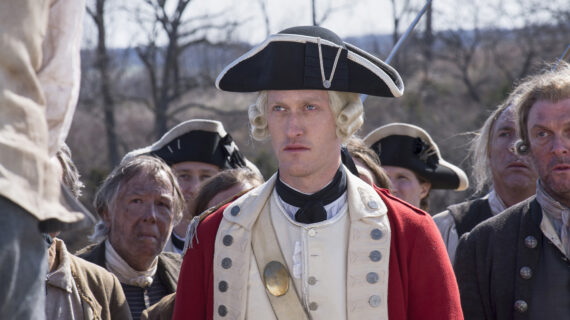
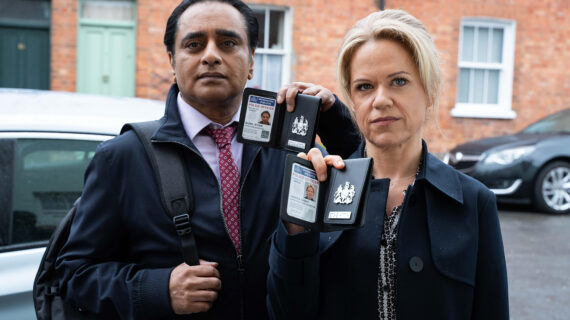
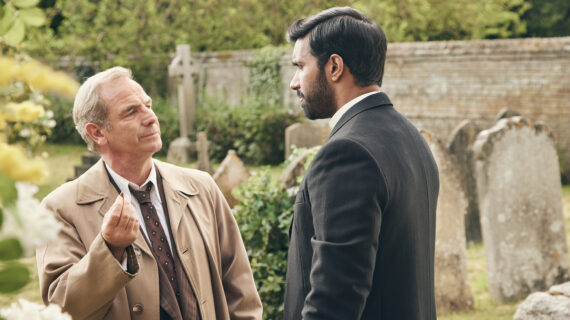


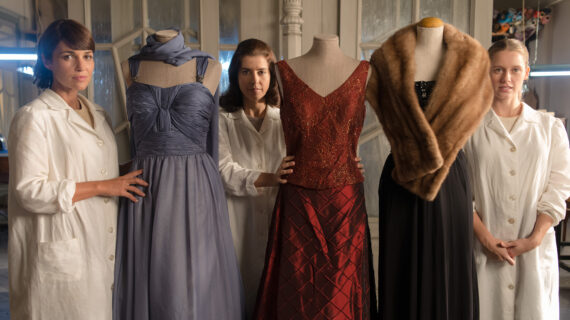

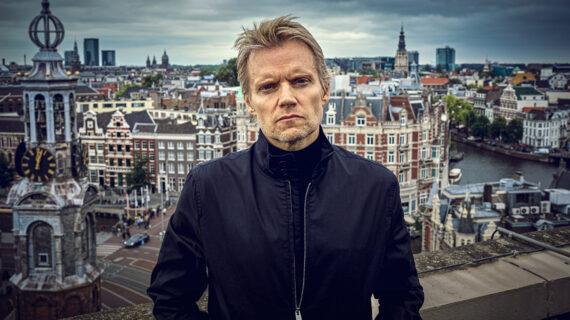
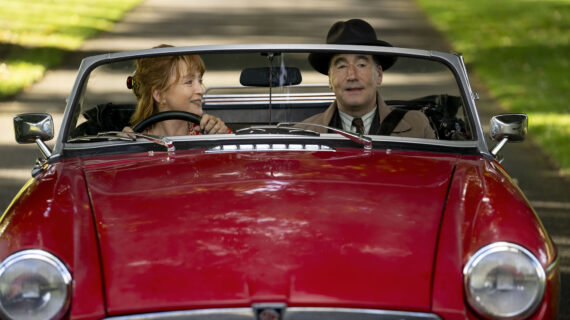
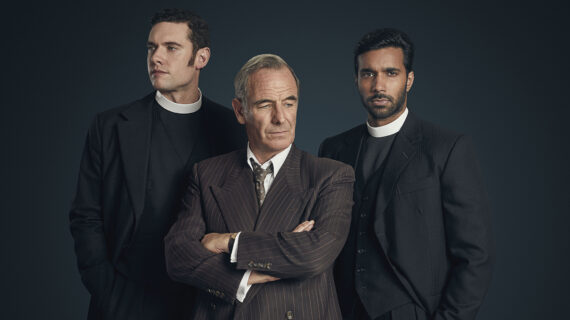
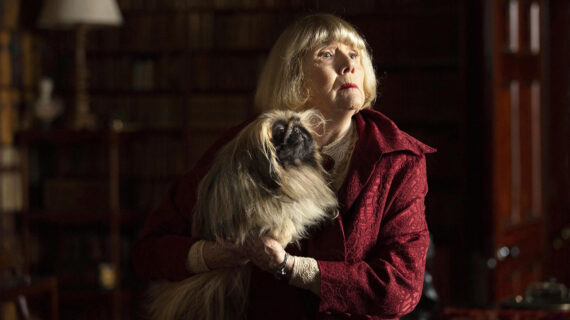

Follow Us